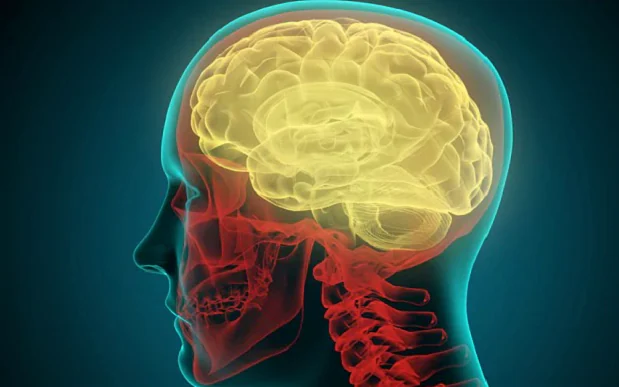What Is Wi-Fi and How Does It Work?
Wi-Fi, short for Wireless Fidelity, is a wireless networking technology that allows devices like smartphones, laptops, and tablets to connect to the internet without cables. It uses radiofrequency (RF) waves—specifically in the 2.4 GHz and 5 GHz frequency bands—to transmit data between a router and connected devices.
Why People Worry About Wi-Fi Safety
Concerns about Wi-Fi and health stem from the fact that it emits RF radiation, which is a type of non-ionizing electromagnetic radiation. While non-ionizing radiation lacks the energy to directly damage DNA (unlike X-rays or UV rays), some people worry that long-term exposure could still have subtle health effects, such as headaches, fatigue, sleep disturbances, or even increased cancer risk.
What the Science Says About Wi-Fi and Health Risks
Extensive research from organizations like the World Health Organization (WHO) and the Federal Communications Commission (FCC) has found no conclusive evidence that Wi-Fi poses serious health risks. The levels of RF radiation emitted by Wi-Fi devices are far below internationally accepted safety limits. Multiple studies indicate that typical Wi-Fi exposure is not strong enough to cause harmful biological effects.
Comparing Wi-Fi Exposure to Other Devices
When compared to cell phones, microwave ovens, or even Bluetooth devices, Wi-Fi routers emit much lower levels of RF radiation. Holding a smartphone to your ear during a call exposes you to far higher RF levels than sitting in a room with a Wi-Fi router.
Precautionary Measures for Peace of Mind

While science suggests Wi-Fi is safe, some people prefer to limit exposure as a precaution. Here are simple steps you can take:
- Turn off Wi-Fi at night to reduce continuous exposure.
- Place your router away from areas where you spend long periods.
- Use Ethernet cables for wired internet when possible.
- Limit device use when not necessary.
FAQs
1. Can Wi-Fi cause cancer?
No credible scientific evidence supports a direct link between Wi-Fi exposure and cancer. Wi-Fi uses non-ionizing radiation, which cannot damage DNA in the way ionizing radiation can.
2. Is sleeping near a Wi-Fi router dangerous?
The RF exposure from a Wi-Fi router is minimal, but placing it farther away from your bed may provide peace of mind.
3. Does Wi-Fi affect children’s health?
Current studies show no harmful effects on children from typical Wi-Fi exposure, but it’s still wise to limit unnecessary screen time.
4. Can Wi-Fi cause headaches or fatigue?
Some people report symptoms they attribute to Wi-Fi, but scientific studies have not consistently proven a causal relationship.
5. Are wired internet connections safer than Wi-Fi?
Yes, wired Ethernet eliminates RF exposure entirely, making it the safest option for those concerned about wireless signals.
Conclusion
Based on current evidence, Wi-Fi is not considered harmful to human health. Regulatory agencies around the world agree that exposure levels from Wi-Fi are far below safety thresholds. Still, if you’re concerned, following precautionary measures can offer additional reassurance without sacrificing connectivity.













